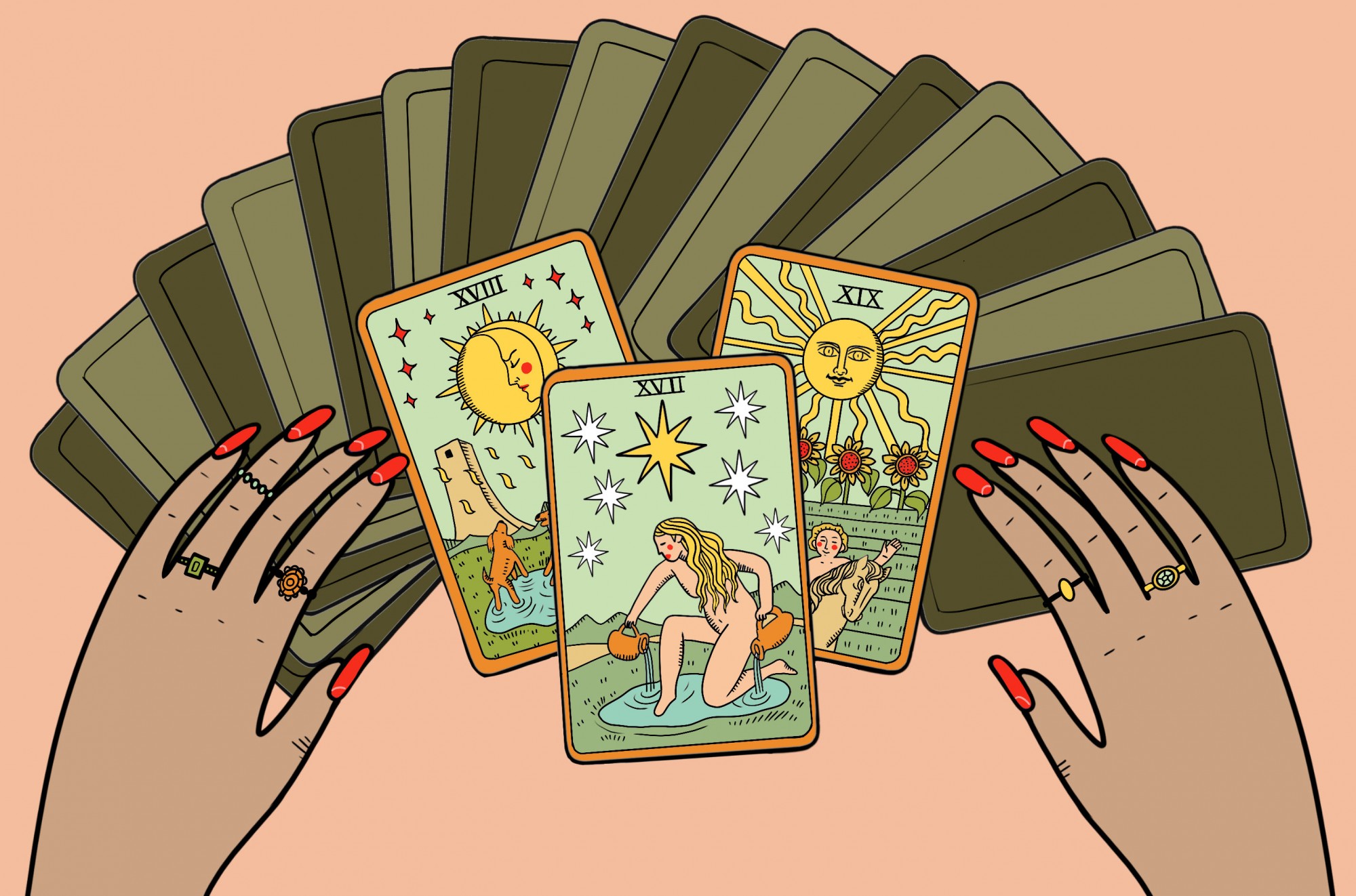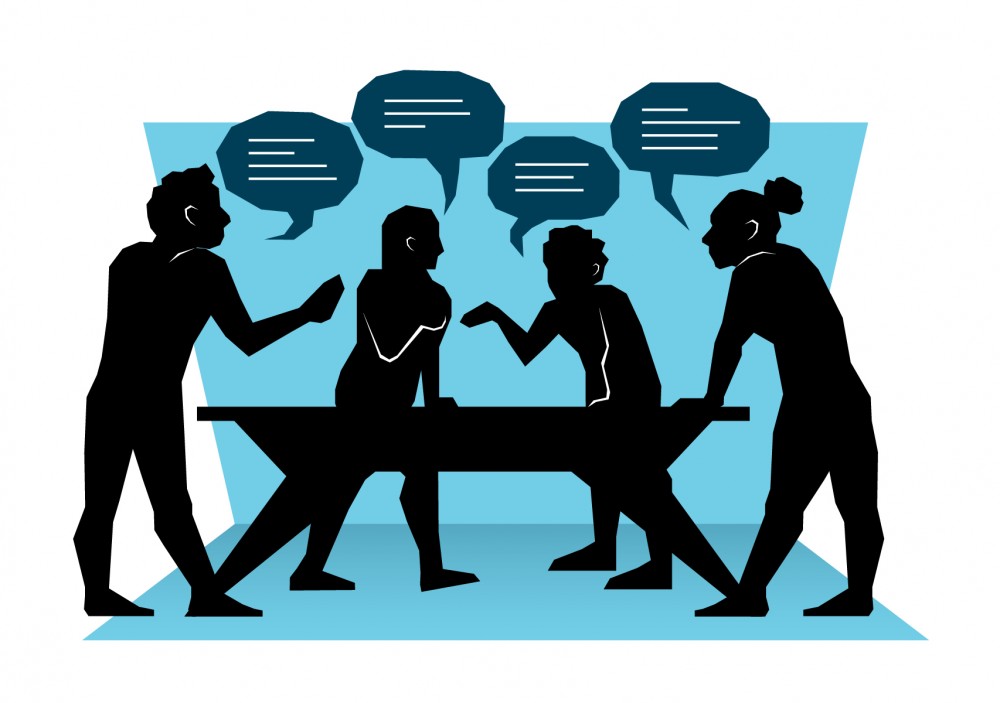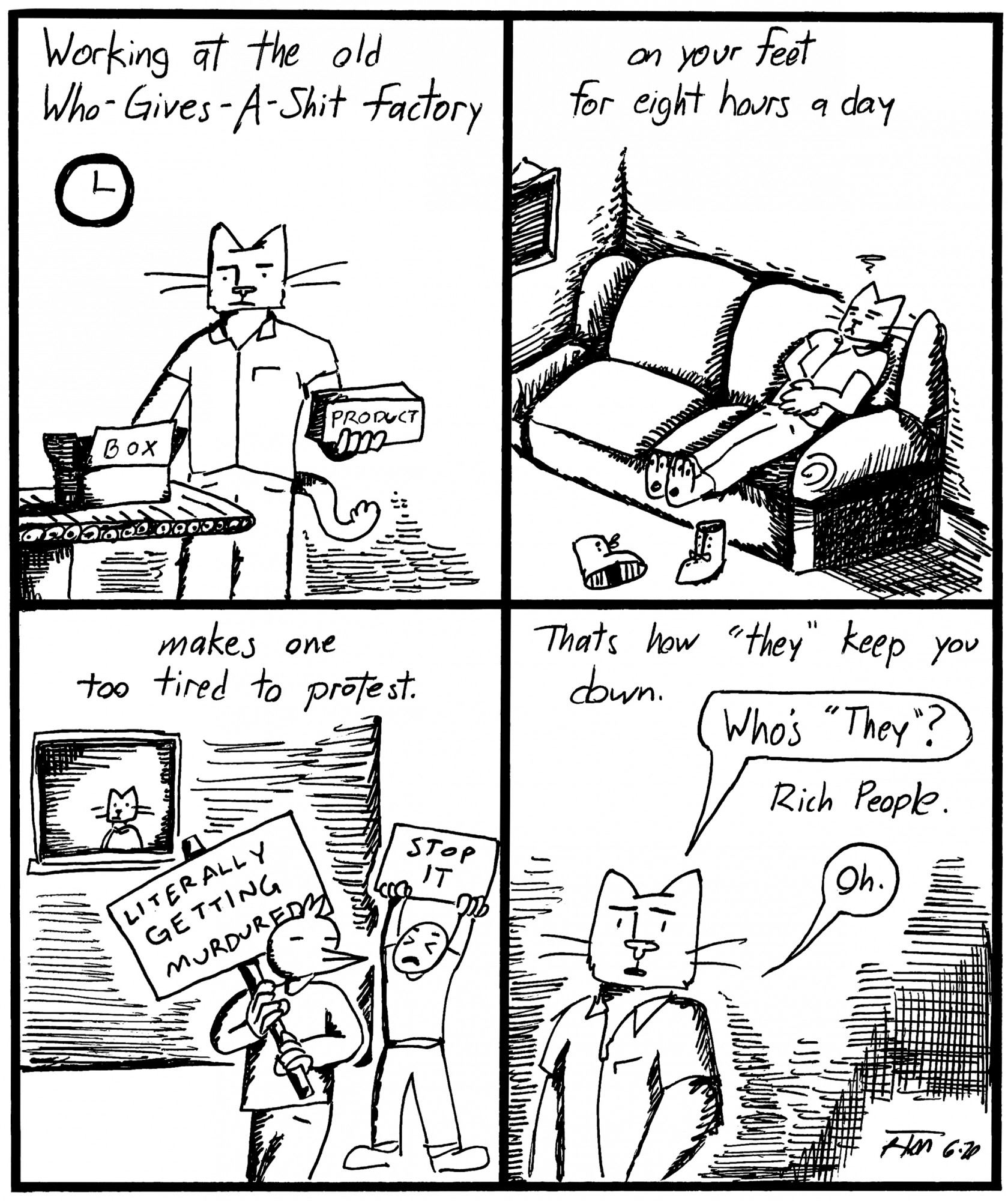While scrolling through your Twitter feed, you are far more likely to stumble upon someone’s astrology reading for the week than you are to find a prayer for someone’s loved one. Likewise, you’ll find tarot cards next to the scrunchies at Urban Outfitters more times than you will find Bibles, Torahs and Qurans in their book section.
This wave of practicing a less conventional belief system can be attributed to our technology-driven society’s constant need to be related to and connected with others. Every tweet about Mercury entering retrograde and how it’s totally killing the mood for the day connects us with others on a platform where even people who don’t believe the stars control your emotions are able to find humor in your content.
The low-entry bar for belief systems like astrology and divination allows people to apply aspects of them into their lives at their own discretion. It doesn’t require as much involvement as actively participating in a congregation or other religious bodies. A study conducted by the Pew Research Center found that, in general, social media has the ability to bring completely different people together. Apps that provide birth charts, tarot cards and other elements of astrology fall under that umbrella. They can appeal to a non-religious demographic and provide a sense of belonging and spiritual structure that some people may seek, while also appealing to those active in religious communities. You can check your horoscope before going to church on Sunday mornings or incorporate it into your daily routine. For the most part, it’s completely user-controlled, and people enjoy having that freedom and duality.
Another Pew study found that the amount people who converted to a non-Christian faith had risen “1.2 percentage points” from 2007 to 2014. Our generation’s ties to using organized religion as a sense of guidance are dwindling. Now we are seeing more room for unconventional means of spirituality.
Generation Z has proven to be more curious than the last. Most of us are taught about the same religions all throughout our educational careers. But it is only human to want to venture off and find our own answers to the world’s questions. As we approach the end of our adolescence, we give in to our rebellious nature. We go against what we once knew to be true and have a strong need to find answers for ourselves. We would rather come to conclusions on our own instead of being taught how we should perceive things. We are constantly trying to find new ways to observe the world around us.
Believing in something for faith or for the pure sake of being relatable is unimportant, rather the reliance on objective ideas has the ability to connect people and further drive curiosity. The concept of religion once seemed taboo to talk about with others openly, but now by actively trying to learn things we do not fully understand, we are able to discover things about ourselves and our community.


















